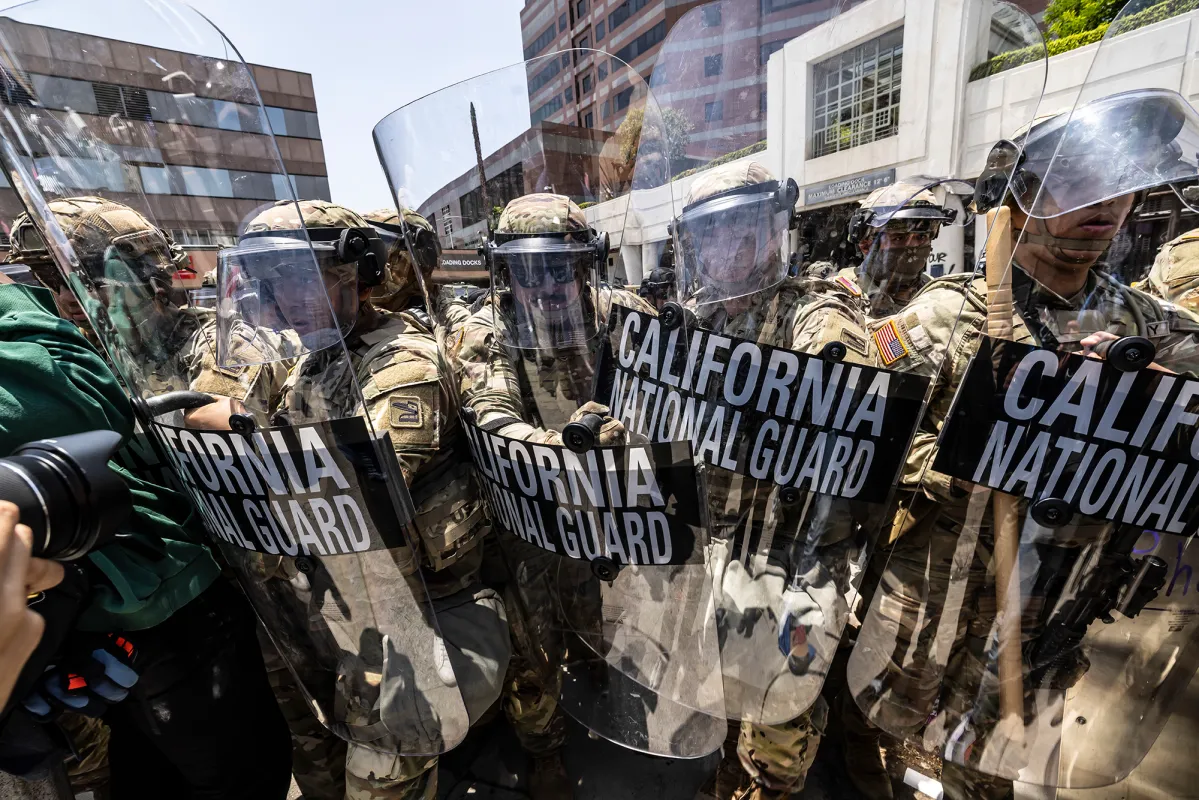In a historic legal ruling, Senior Federal Judge Charles Breyer has declared for the first time in U.S. history that a sitting president violated the Posse Comitatus Act of 1878—a statute designed to prevent the use of the U.S. military in domestic law enforcement.
The ruling blocks former President Donald Trump from deploying military forces in California, a move Judge Breyer described as an unlawful attempt to create a “national police force with the President as its chief.”
The decision marks a precedent-setting moment in the delicate balance between executive power and civilian protections against military involvement in domestic affairs.
Judge Breyer’s Findings
Judge Breyer, who presides in San Francisco and is the brother of retired Supreme Court Justice Stephen Breyer, issued a sharply worded opinion emphasizing the constitutional and statutory limits on presidential authority.
He found that Trump’s effort to commandeer California’s National Guard for civilian law enforcement violated not only the Posse Comitatus Act but also core constitutional principles designed to protect federalism and civilian oversight.
In the opening of his opinion, Breyer noted that Trump’s plan amounted to the creation of an unconstitutional federal police force that could be deployed against political opponents, particularly in “blue cities and blue states.”
Legal and Political Implications
The ruling is the first judicial declaration in U.S. history that a president has crossed the line drawn by the Posse Comitatus Act, a statute long considered sacrosanct in safeguarding democracy from military overreach. Legal commentators, including attorney Michael Popok, described the decision as “breathtaking” in its scope and implications, underscoring the judiciary’s role in checking executive power.
While presidents have historically faced criticism for testing the limits of domestic military involvement, Judge Breyer’s ruling is the first to directly enjoin presidential action under the Act. This case may now set the stage for future challenges over executive authority and the use of military resources in domestic affairs.
Next Steps
The Trump legal team is expected to appeal the ruling, potentially fast-tracking the case toward the U.S. Court of Appeals for the Ninth Circuit and, ultimately, the Supreme Court. Should the decision stand, it would solidify judicial precedent against any president’s attempt to deploy the military for routine law enforcement.
As the ruling reverberates through legal and political circles, scholars emphasize that this moment represents a rare judicial rebuke of presidential power, reaffirming that even the Commander-in-Chief is not above the law.

